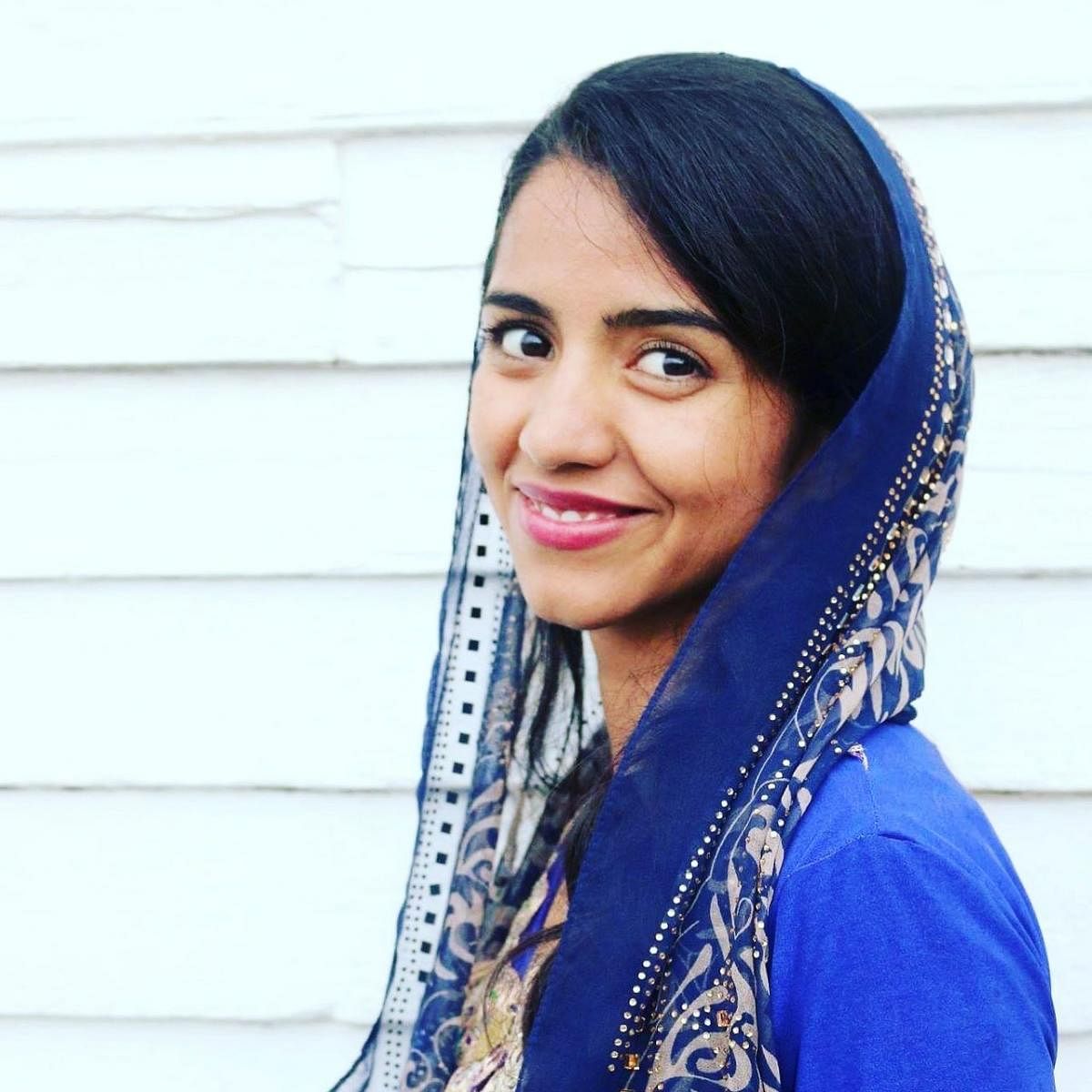

Sonita Alizadeh is an Afghan rapper and activist who lives in the United States of America. I learnt about her work against forced marriages thanks to a virtual conversation in January 2022 hosted by the Global Islamic Studies Centre at the University of Michigan, Ann Arbor.
Hers is a powerful voice for women’s rights, and against child marriage and child labour. “I was born in Herat in 1996 under the Taliban rule,” said Sonita, describing the war and poverty that compelled her family to flee Afghanistan and seek shelter in Iran. It was not easy even after they managed to dodge the Taliban. They had to “change their identity” in the new country. Girls were not allowed to attend school, so Sonita — who was hungry for knowledge — learnt to read and write from a teacher she met at the neighbourhood mosque.
It was only after she moved to Tehran, the capital of Iran, that she made contact with an NGO running educational initiatives for “undocumented refugees.” She found her calling in music, which she learnt in a clandestine manner since her family forbade it on religious grounds. She worked as a cleaner but the hardships did not keep her from dreaming about a brighter future. She added, “Two of my sisters were married off at a young age. I did not want the same to happen to me. I wanted to tell stories through music. I had so much to say.” She drew inspiration from American rapper-songwriter Eminem and Barbadian singer-actor Rihanna.
She kept writing music and rapping even after her mother tried to stop her from doing that. Sonita escaped child marriage at the age of 10 and 16. Her rap video Daughters for Sale threw a spotlight on Afghan daughters being sold into marriage by their families.
While the writing and rapping was done by Sonita, the video was shot by filmmaker Rokhsareh Ghaemmaghami, who also made the documentary film Sonita (2015). The music video angered the Taliban; it gave Sonita an opportunity to study in the US on a full scholarship.
After completing high school, she is now studying human rights and music at Bard College in the US. She wants to use the opportunities that she has got to help girls and women in Afghanistan. Towards this end, she has started a project named Arezo to provide impoverished children with basic necessities and a stipend. She plans to become a lawyer and return to Afghanistan someday in order to improve the lives of Afghan women and children.
During the virtual event, Sonita said, “I want to speak for the oppressed through my music. Children and women are the main victims of political unrest.” In 2021, the Normandy for Peace Initiative in France awarded her the Freedom Prize. It recognises “a person or an organisation engaged in an exemplary fight in favour of freedom.” Greta Thunberg from Sweden and Loujain al-Hathloul from Saudi Arabia were previous recipients of the award.
In 2021, after the Taliban seized control of Kabul, Sonita addressed a United Nations Ministerial Event on the future of Afghan women and girls and their access to education.
She said, “This is not my story; it is the story of girls who will be ripped from their homes by Taliban militants and never be able to see their families again, of little boys who will never hear a woman’s opinion in their classroom and grow up under the Taliban’s brainwashing.”
The situation of women in Afghanistan continues to be precarious, and every country that is in dialogue with the Taliban must do their best to ensure that women’s freedom is restored.
(The author is a journalist and book reviewer.)